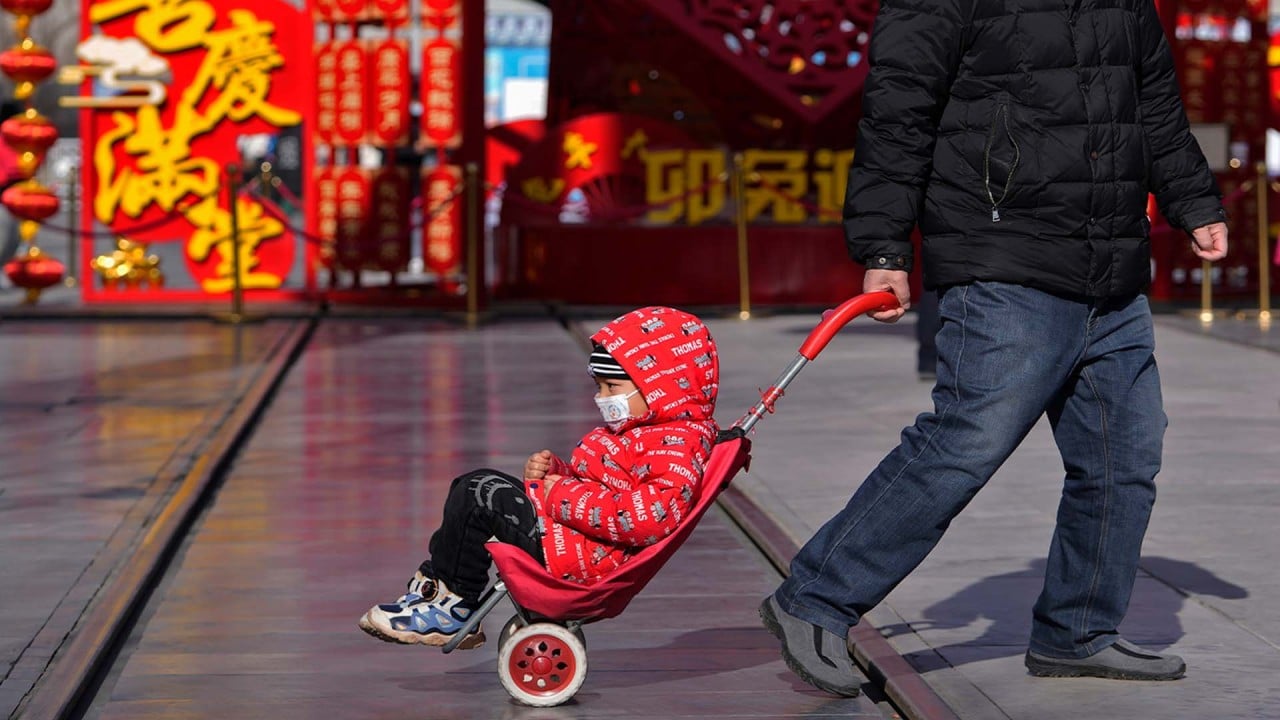
How to fix China’s birth rate: treat single mothers the same as married ones
- Growing numbers of independent-minded Chinese women no longer see marriage as a necessary passage in life, but they might still embrace motherhood
- Passing a nationwide law ensuring equal rights for single mothers would remove significant barriers to having children and be good for the country as a whole
However, there are signs that suggest the Chinese government has begun to loosen control to a certain degree. In recent years, provinces such as Sichuan, Guangdong, Anhui and Shaanxi have issued new regulations that allow unmarried mothers to register their children. More governments are likely to follow suit.
In July, the authorities in Xian announced that single mothers could now apply for child subsidies and insurance. These developments are encouraging, but in my view, the central government needs to go much further.
Different regions have come up with their own packages to offer new parents financial incentives to drive up the birth rate, but these new policies have usually come about quietly, I imagine because they challenge social conventions and notions of morality. Surfing the Chinese internet suggests the information concerning the treatment of unmarried mothers is confusing.
Last year, just as she broke off her relationship with her boyfriend, she discovered she was pregnant. As an abandoned child herself, she decided to keep her baby. After she placed video clips of herself picking and selling rubbish on Douyin, she became a celebrity of some sort, which helped ease her financial situation.
My feminist friend Xiao Meili organised a lunch for me to talk to some of her friends. Among the seven guests, not a single person expressed the desire to get married, but a couple of them said they might consider having a child on their own in the future.
Children? No thanks – pets and partying are the future in China’s new normal
I believe such discussions are healthy as they can help society to move beyond the outdated traditional family values. Fortunately, stigma against single women and their children is easing in major cities such as Shanghai.
In most developed nations, child support has nothing to do with a woman’s marital status. If China adopts this more humane and tolerant approach, it will be good for the birth rate, the country itself and its global image.
Pupu Ma named her son Pupu, meaning ordinary. Her biggest wish is for the boy is to be treated like an ordinary child, just like those born in wedlock. Is she asking too much?
Lijia Zhang is a rocket-factory worker turned social commentator, and the author of a novel, Lotus


